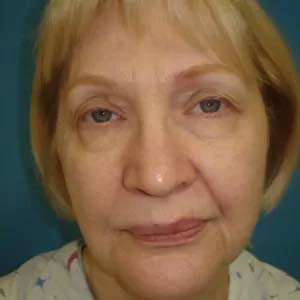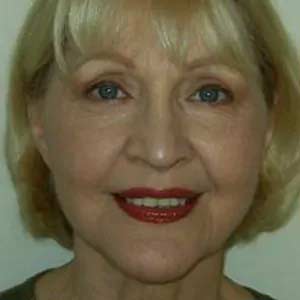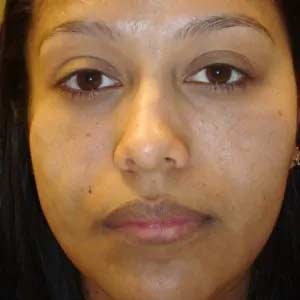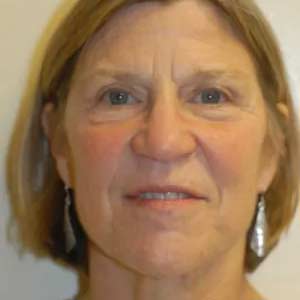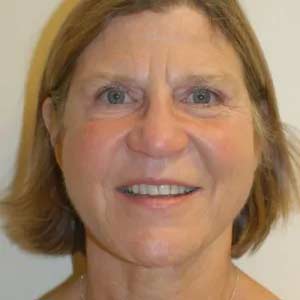Basal Cell Carcinoma Treatment
Conveniently located to serve the areas of Danville, Walnut Creek and Manteca, CA

More patients are diagnosed with basal cell carcinoma than any other type of skin cancer. Many of them visit Dr. Hayes Gladstone of Gladstone Clinic, who provides a number of treatment options for patients in San Ramon, San Francisco, Pleasanton and the surrounding communities in California.
Contents
Procedure
The outermost layer of skin is known as the epidermis and consists of five layers. The deepest layer of the epidermis is the stratum basale or basal layer. Cancer that originates in the stratum basale is known as basal cell carcinoma. As the most common form of skin cancer, it affects more than four million people annually in the United States.
Basal cell carcinoma often appears as open, shiny sores that seemingly come out of nowhere and rarely heal. Small waxy bumps or unusual pink, red, or brown patches may also be basal cell carcinoma, particularly if they are waxy or flaky.
Although basal cell carcinoma rarely spreads to other parts of the body, it may nonetheless penetrate into deeper layers of your skin and might even affect the bone. As such, Dr. Gladstone advises all of his patients to seek treatment as soon as basal cell carcinoma is detected.
Benefits
The biggest benefit to treating basal cell carcinoma is the peace of mind that comes from knowing you are cancer-free. Some cases of basal cell carcinoma are also uncomfortable and may bleed or rub against your clothing. Eliminating these lesions allows you to perform your day-to-day activities more comfortably than before.
Ideal Candidate
Anyone who has been diagnosed with basal cell carcinoma is a candidate for treatment. Modern methods of eliminating this cancer are very safe, so you can easily undergo treatment even if you have another underlying health condition.
Surgery Preparation
There are many methods of removing basal cell carcinoma. Dr. Gladstone will choose one based upon the size and location of your tumor and a number of other factors. During your consultation, he will discuss the preferred method and then advise you as to how best to prepare for treatment.
Duration
This will also depend on the type of treatment Dr. Gladstone recommends. Radiation therapy and medication are administered over a period of several weeks, while an excision, curettage, and desiccation, or Mohs surgery are all in-office procedures that typically take less than two hours.
Expectations
Some light bleeding and crusting are possible after any type of surgery. After medication or radiation therapy, you may feel more tired than usual or experience changes in appetite. These symptoms are usually very mild and should not interfere with your normal routine.
Residual Scarring
Scars are possible but not likely.
Results
Once you have completed your course of treatment, you will notice your cancerous lesion is gone, and you can breathe a heavy sigh of relief.
How Long Will the Results of Basal Cell Carcinoma Treatment Last?
Basal cell carcinoma treatment eliminates only current cases of this cancer. To prevent future occurrences, you must protect your skin by wearing sunscreen and limiting your exposure to tanning beds.
Cost
Making treatment affordable is our primary concern, which is why we offer a number of payment options that include cash, personal checks, and most major credit cards. Qualified patients may obtain financing through:
- Lending Club® Patient Solutions
- CareCredit®
- Alphaeon™ Credit
We also accept most major forms of insurance. Our staff is always happy to work with you and your insurance company to determine if any benefits are available and then come up with a plan for paying any remaining balance.
Gladstone Clinic is passionately committed to reflecting your inner beauty. Using the latest and most advanced procedures for cosmetic and reconstructive surgery, our team offers services emphasizing overall health and wellness to the residents of San Ramon, San Francisco, Pleasanton and the surrounding communities in California. Please contact us today to schedule a basal cell carcinoma consultation!

